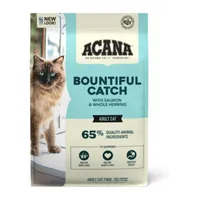Five human foods that are poisonous to cats
Watch out for these five foods that are poisonous to cats.
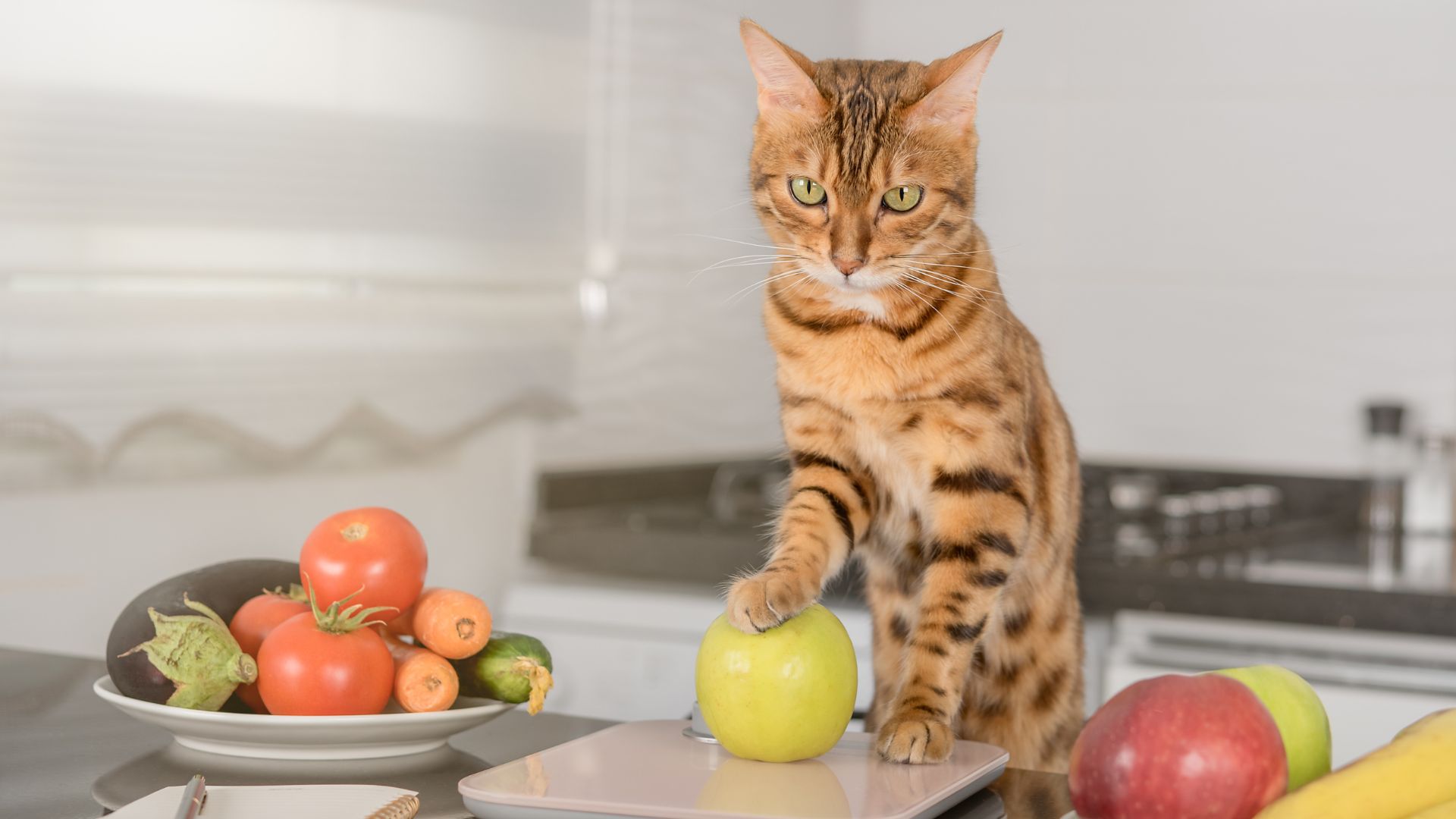
Get the best advice, tips and top tech for your beloved Pets
You are now subscribed
Your newsletter sign-up was successful
It’s important to know which foods are poisonous to cats. We know sharing your food with them is tempting and is a nice way to bond, but it could seriously affect their health.
Some human ingredients can make your cat feel unwell and are not worth the risk — even if they love the taste of it! Cats’ digestive systems are more sensitive than ours and feeding them the wrong thing could result in organ failure or even death. That’s why it’s important to always give them the best cat food and best cat treats you can afford instead as these are designed for their tummies.
You might be surprised to hear this, but things like milk and eggs are on the list of foods to avoid. To learn about what else they shouldn’t eat, keep on reading:
1. Milk
Many children’s books feature an image of a cat lapping up a saucer of milk. Unfortunately, those children’s books typically leave out the rest of the story!
Cats are lactose-intolerant, which means that diarrhea and other gastrointestinal issues are a common aftereffect of drinking dairy products. While your cat may love milk, it’s best to refuse to share this particular item.
Even at birth, kittens seldom drink their mother’s milk for more than a couple of weeks. Reintroducing them to milk in adulthood isn’t the best way to keep your cat healthy.
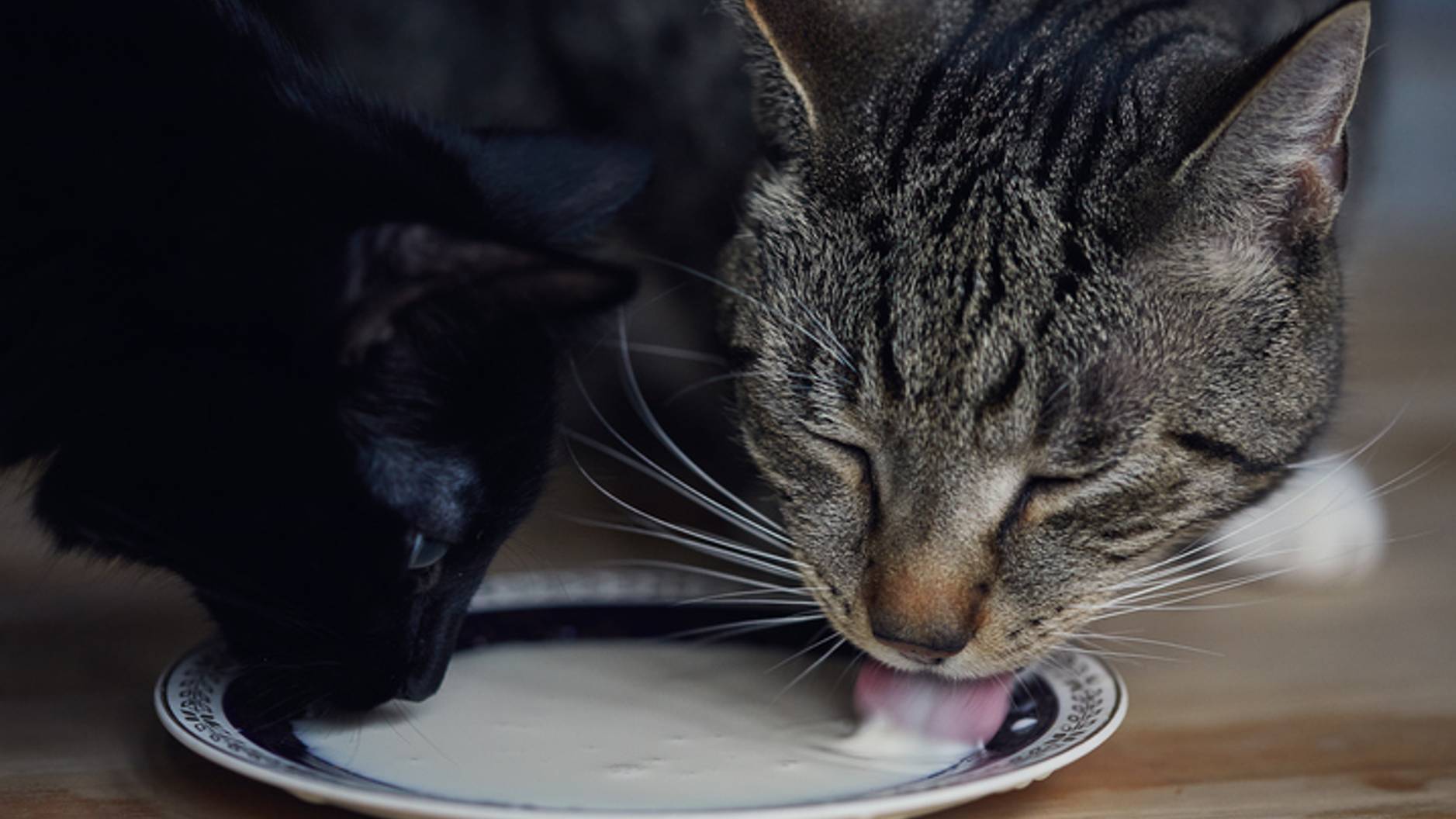
2. Chocolate
Tempted to share a bit of cake or ice cream with your furry friend? Resist the temptation! You may know that chocolate is toxic to dogs, but it can also be toxic to cats. Chocolate’s toxicity is caused by theobromine, and dark chocolate is especially bad, since it contains a higher percentage of theobromine.
Get the best advice, tips and top tech for your beloved Pets
Potential symptoms of chocolate toxicity include heightened thirst, vomiting, diarrhea, lethargy and muscle tremors. Longer term (24-72 hours after ingestion), hyperthermia and/or pancreatitis may result. Even if your cats seem really eager (cats like the taste of chocolate), resist the temptation. You won’t be doing them any favors by feeding them a toxic substance.
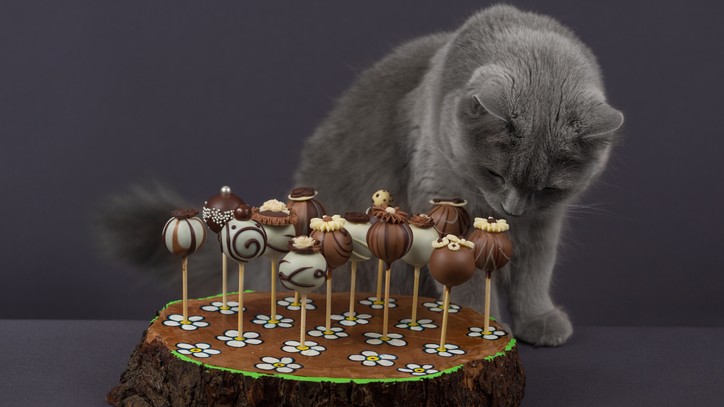
3. Onions
Leaving out scraps of unfinished dinner for your cats isn’t a great idea at the best of times, because these food scraps can contribute to obesity. However, sharing your leftovers is even more risky if those leftovers happen to contain onion remnants. Also found in some types of baby foods, onions (and most root vegetables, in fact) attack feline red blood cells, breaking them down and causing anaemia.
Without adequate red blood cells to circulate oxygen, your cat can become severely lethargic. This toxicity can potentially prove to be fatal. It’s best to steer clear of garlic and onions when sharing food with your cats.
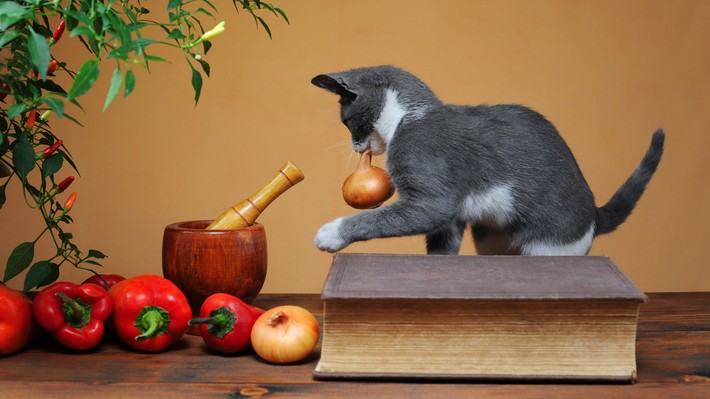
4. Eggs
While cooked eggs contain valuable protein, giving raw ones to your cat is an absolute no-no. This is because they can cause salmonella or e. coli poisoning – which can be fatal in extreme cases – as well as inducing symptoms like vomiting or diarrhea, not to mention skin issues.
Raw eggs also contain a vitamin called avidin, which reduces the quality of cats’ fur. Raw food diets have become fashionable in some circles, but you should still be careful about what you include in your diet if you’re going down this route. With this in mind, avoid raw eggs.
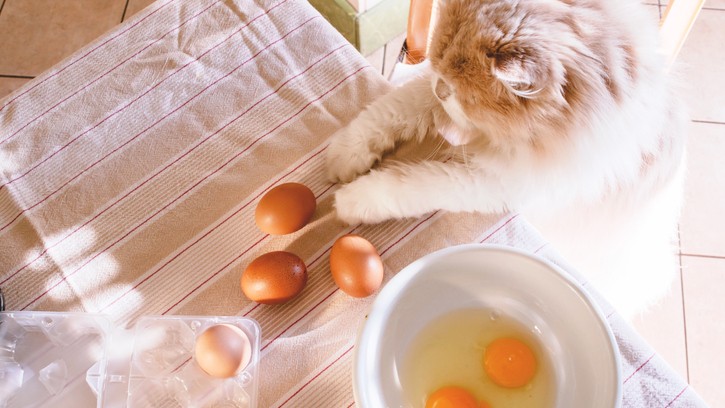
ACANA Bountiful Catch High-Protein Adult Dry Cat Food
This protein-packed cat food contains salmon, herring, catfish, and trout, helping to support your fur friend’s muscle mass. It’s rich in omega-3 and contains taurine, an essential amino acid that they can’t produce themselves.
5. Citrus fruits
You may have seen some social media videos from a long time back about cats having an aversion to citrus fruits, particularly limes. This is probably a blessing in disguise, as pretty much all citrus fruits – not just limes – have the capacity to be poisonous to cats.
Like many of other foods mentioned in this article, citrus fruits can cause serious digestive issues, with vomiting and diarrhea in cats being standout symptoms. Their natural aversion to citrus scents mean they are unlikely to get close enough to them to actually eat them, but there’s good reason to be wary nonetheless.
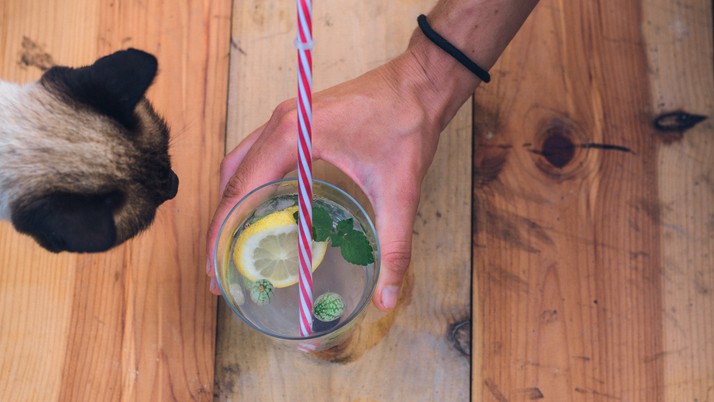
If in doubt, call the vet
To summarize, definitely do not give any of these foods to your cat – if you are currently doing so, please stop. Make sure any leftover meals containing these products are either disposed of, or kept firmly out of your cat's reach (if they're great at jumping then be even more careful).
If you think your cat may have consumed some of the above foods and/or are displaying symptoms consistent with having done so, please contact your local vet immediately.
Read next: Is wet food bad for cats? and can cats eat strawberries? Or, learn how to make soup for cats
Steve writes and proofreads buying guides, news stories and advice for Pets Radar, drawing on his lifelong experience as a pet owner. Currently sharing his house with two cats and a dog, he draws on the many highs and occasional lows of pet ownership he has borne witness to in his writing. He has worked in publishing for 15 years as an editor, sub editor and writer on a range of titles, such as SciFiNow, How It Works, All About History, Real Crime and Horrorville. You can follow him on Twitter @stevewright22
- Megan MilsteadStaff Writer
